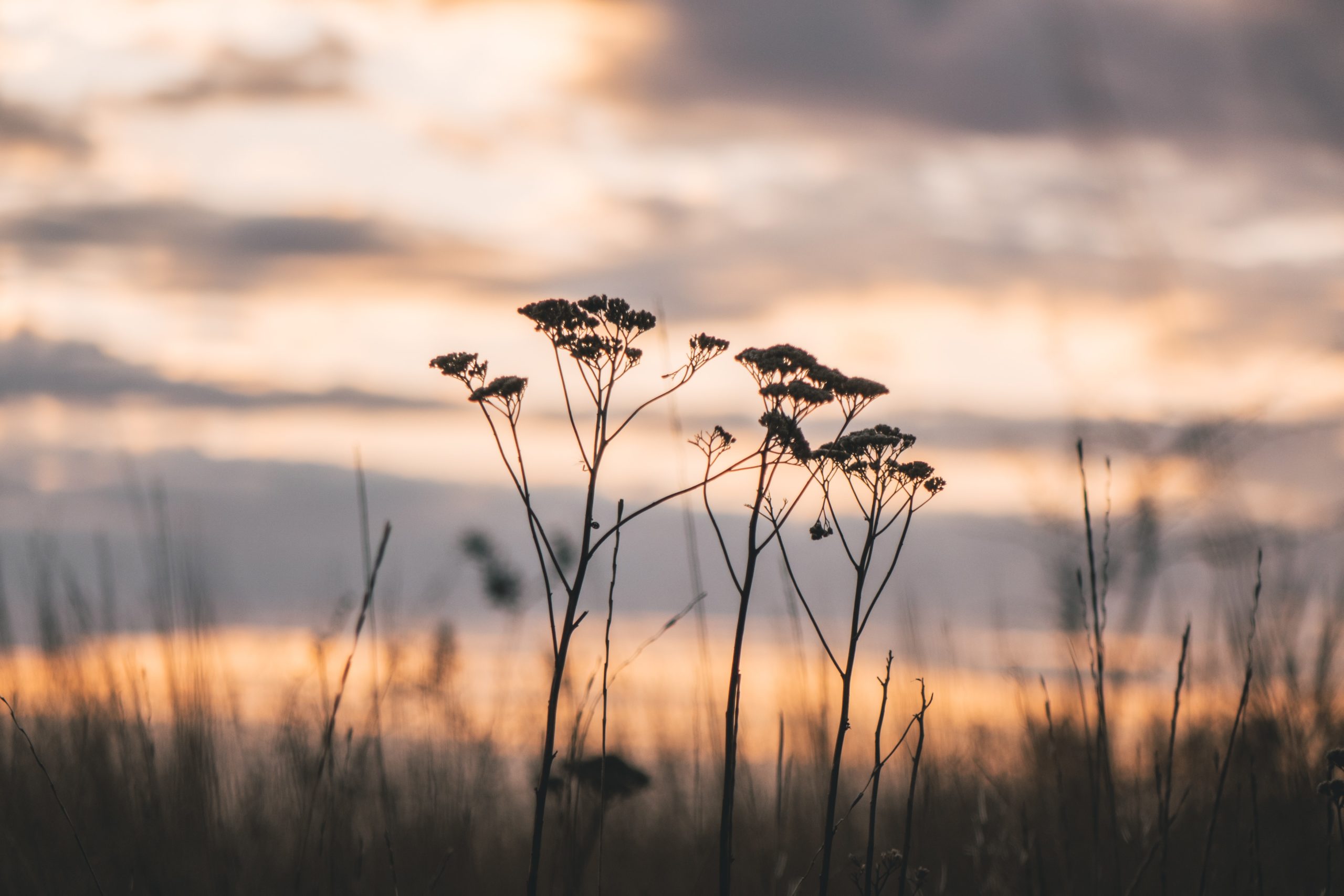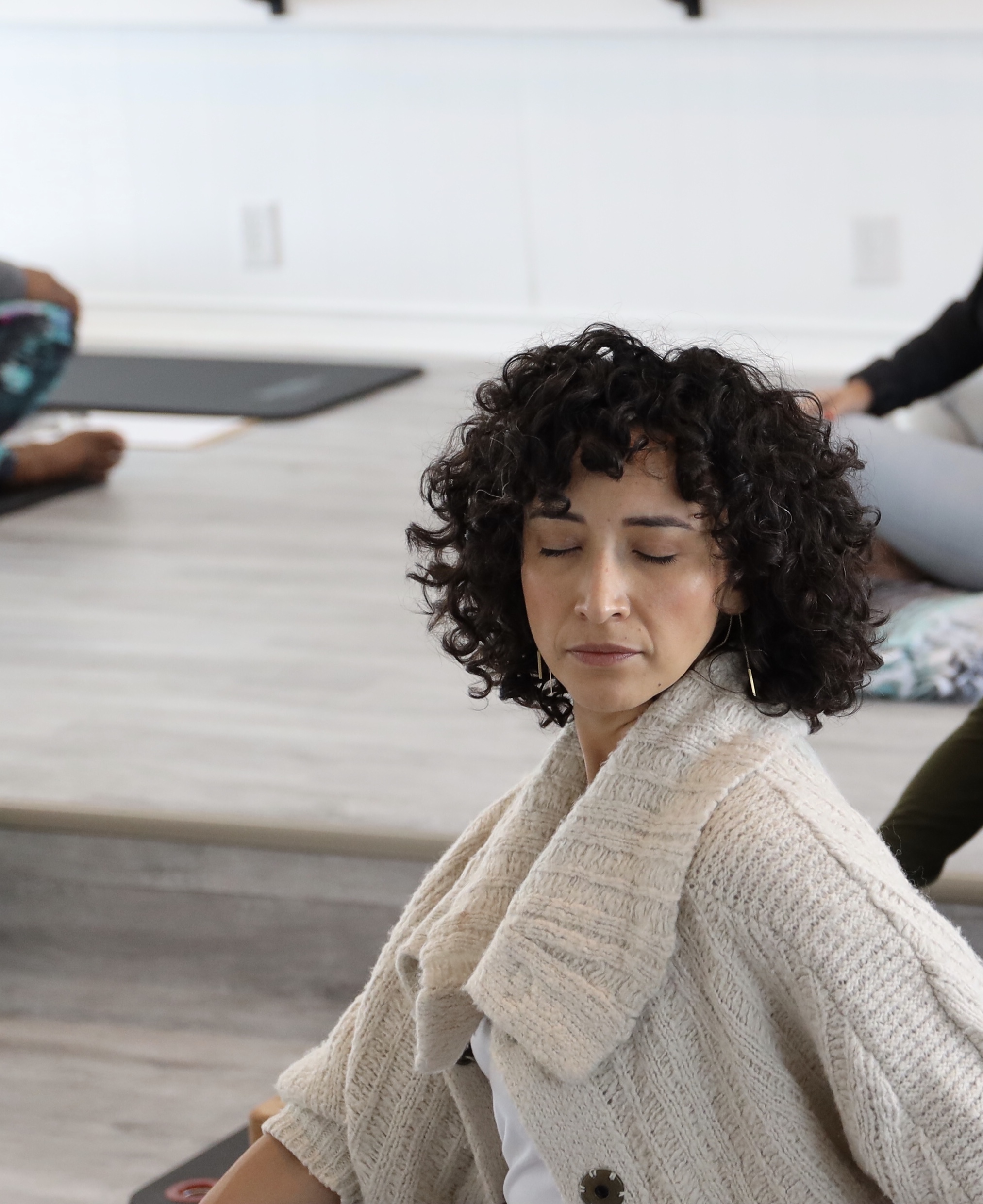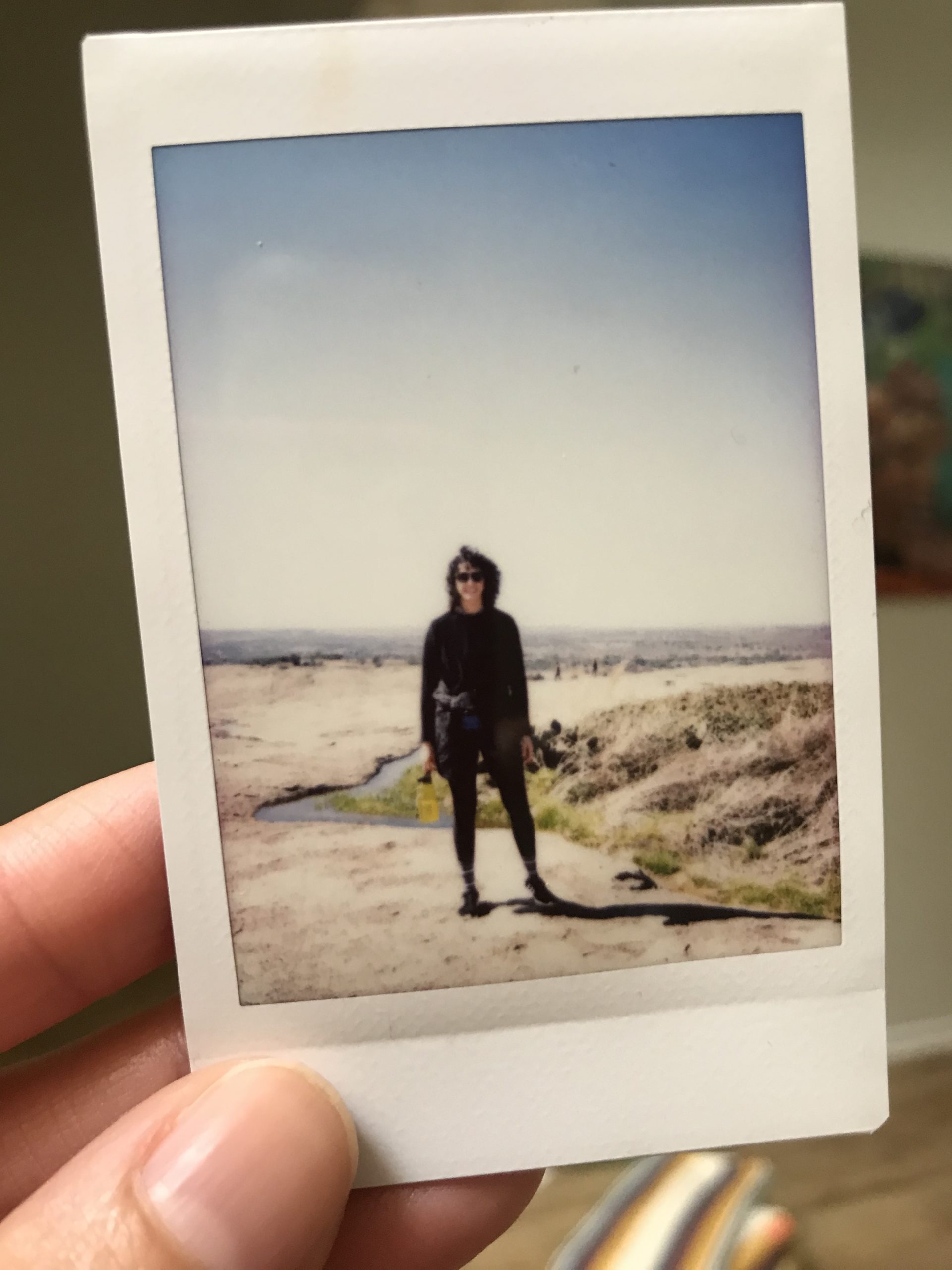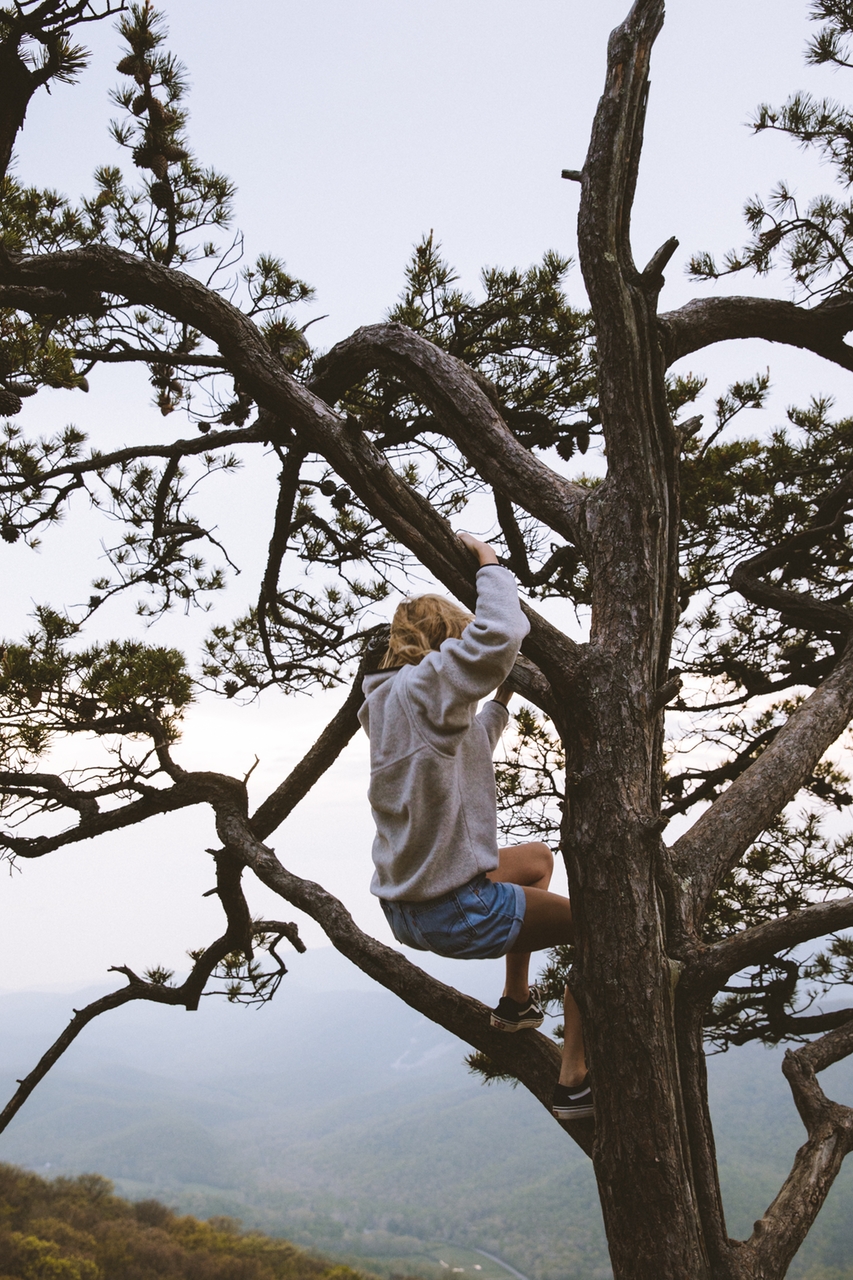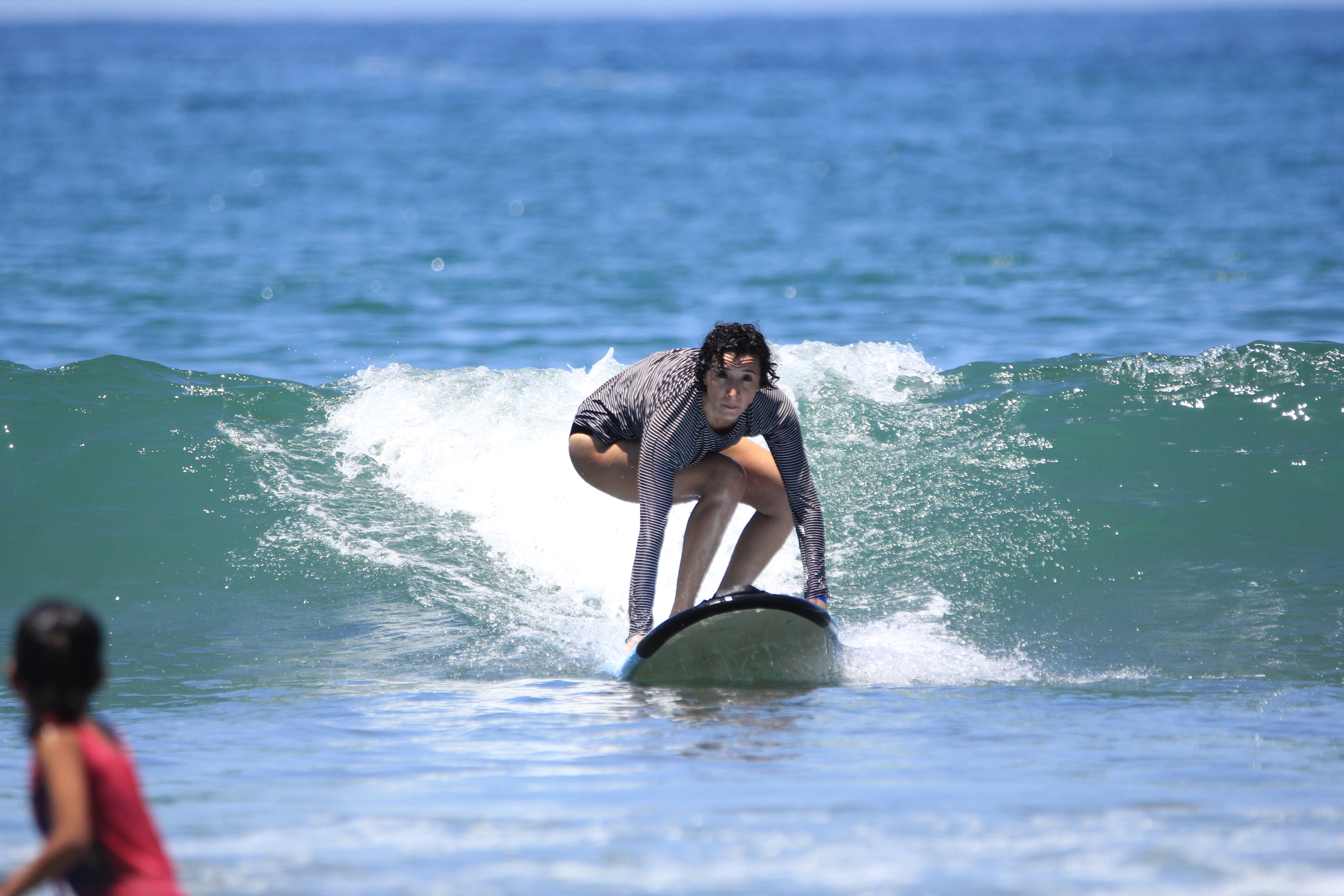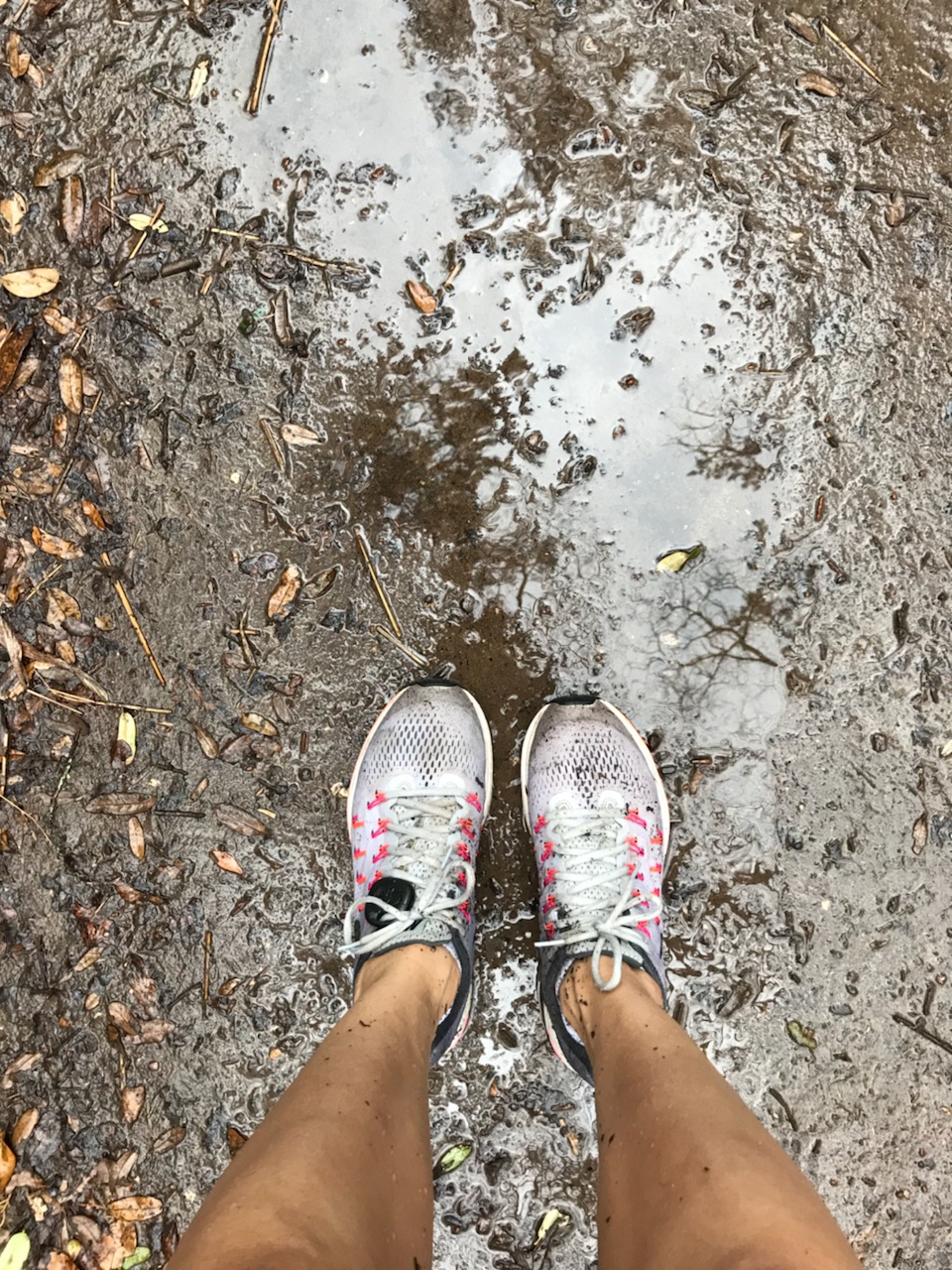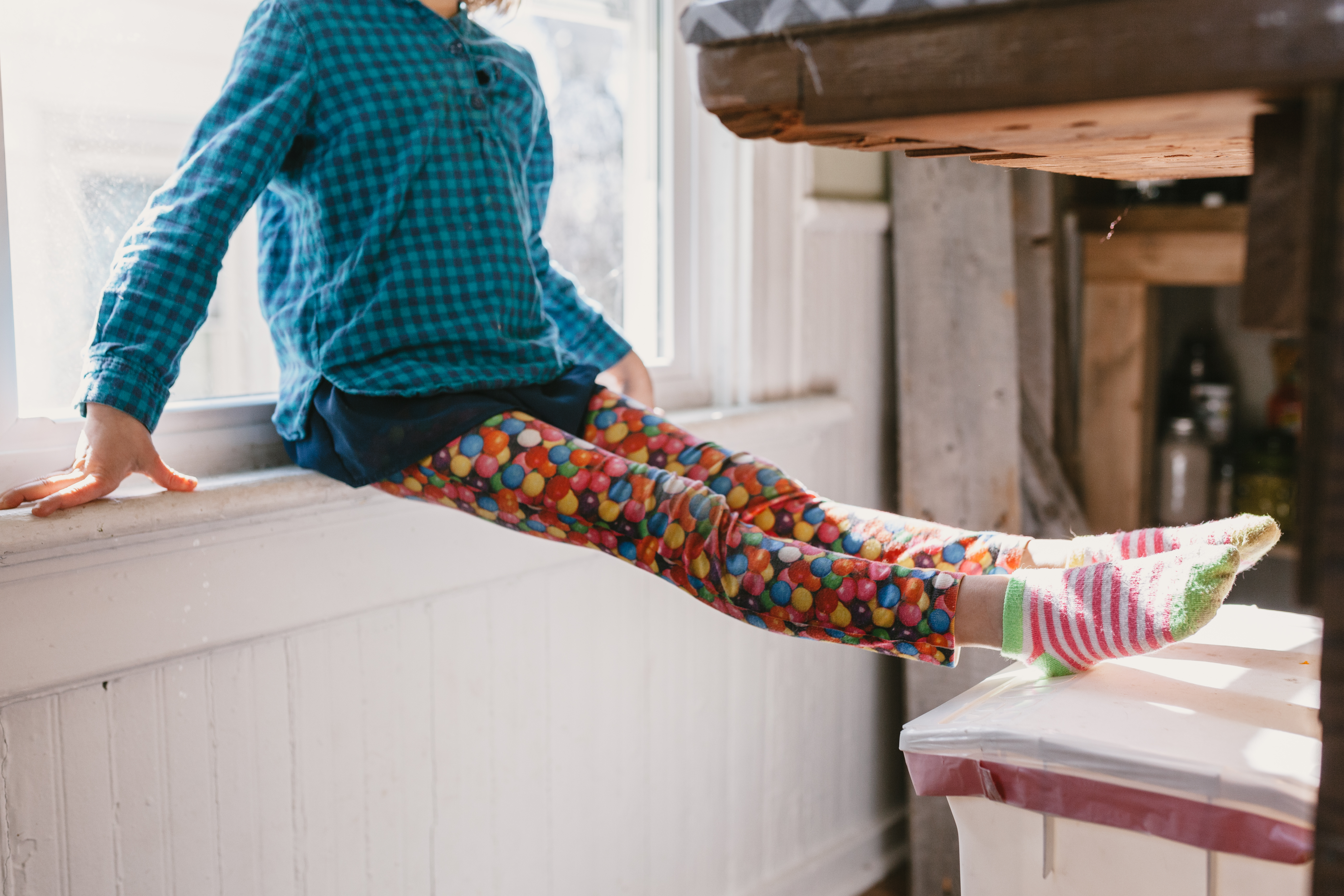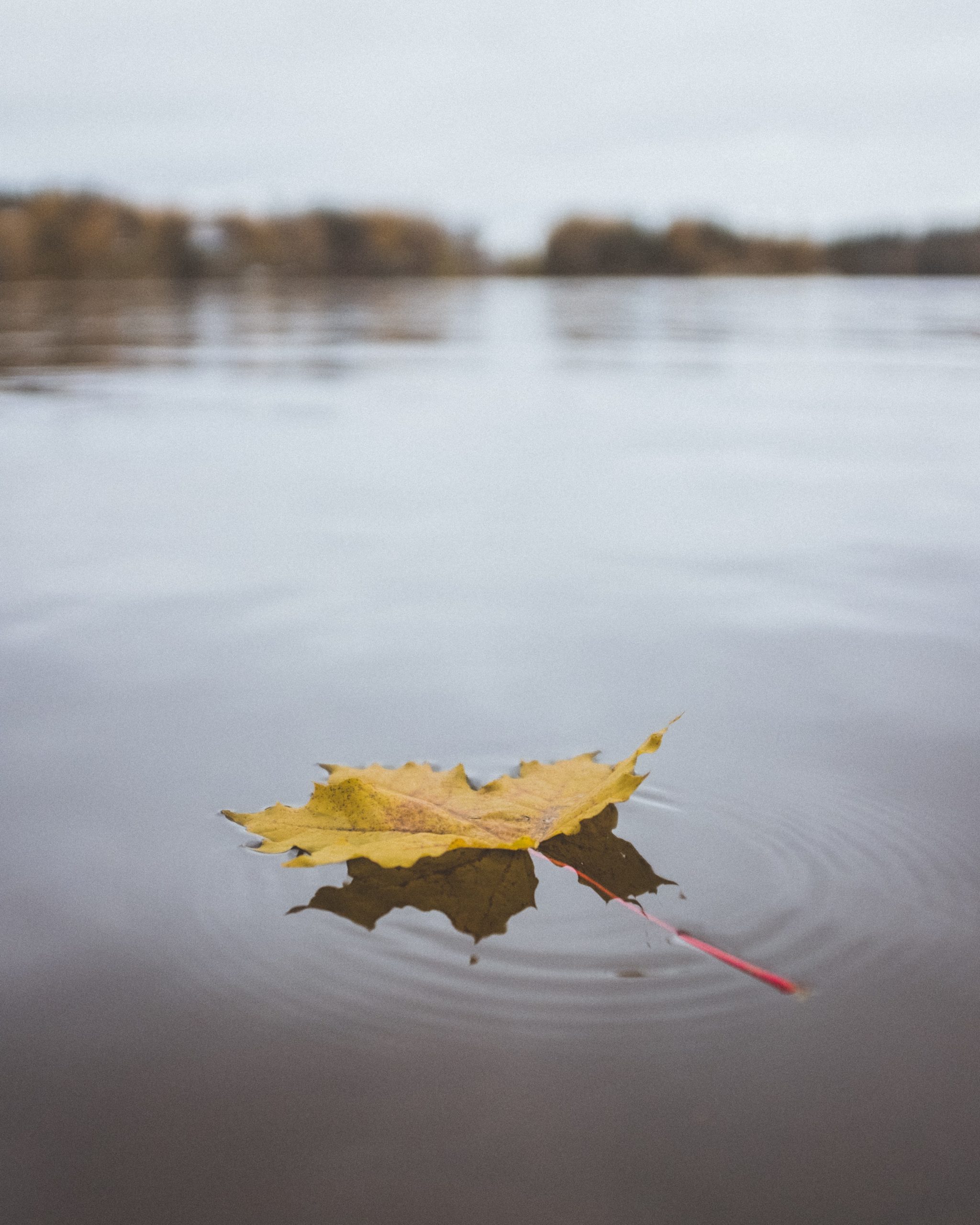
Over the past few days, I noticed my emotions come up like a slow moving current that was building in speed and intensity. Needless to say I was pulled in, tumbling around with the intense feelings moving through me.
I asked for help but that didn’t work out the way I thought it would so I got swept into the current again. Reaching out was important but it was as if holding on to the emotions was more comforting. I wasn’t ready to let that go of that familiarity just yet.
Speaking of letting go, Yung Pueblo describes it as “the moment when you are no longer reacting to things that used to make you feel tense…when you can release the energy attached to the thoughts.” After reading that, I noticed a spark of curiosity and hope. That was enough for me to take the smallest step back and notice all that was going on.
The same feelings will show up over and over again in different ways. Next time, I can remember to take some time and space to ground myself in the moment. With intention and practice, I can let go a bit more than the time before.

